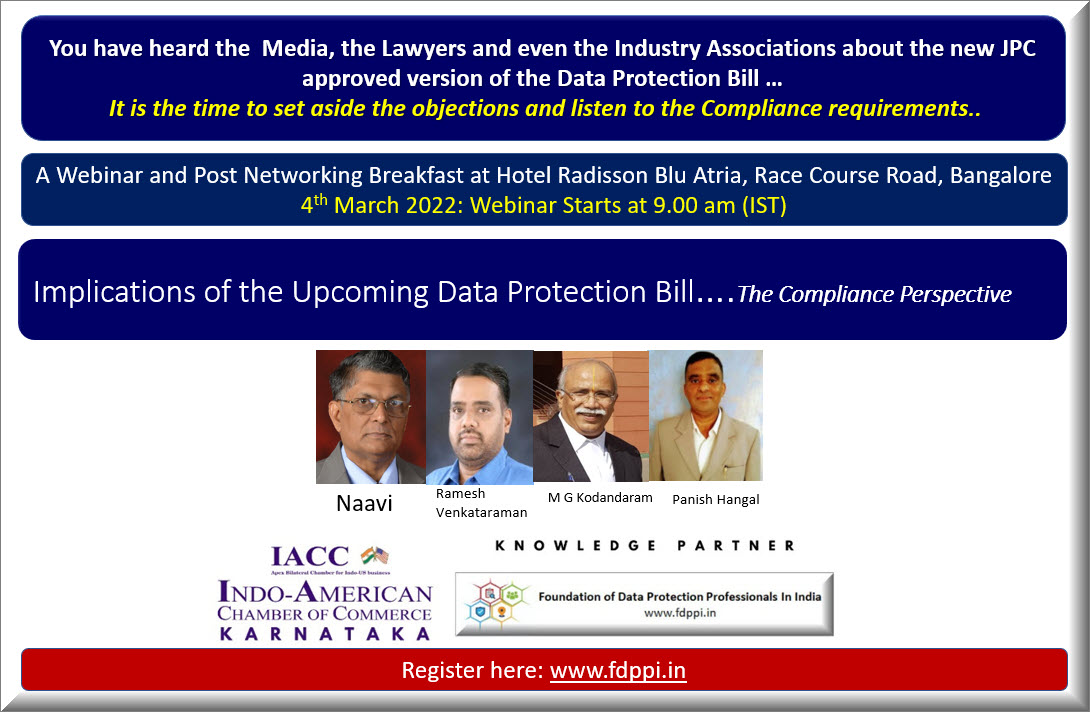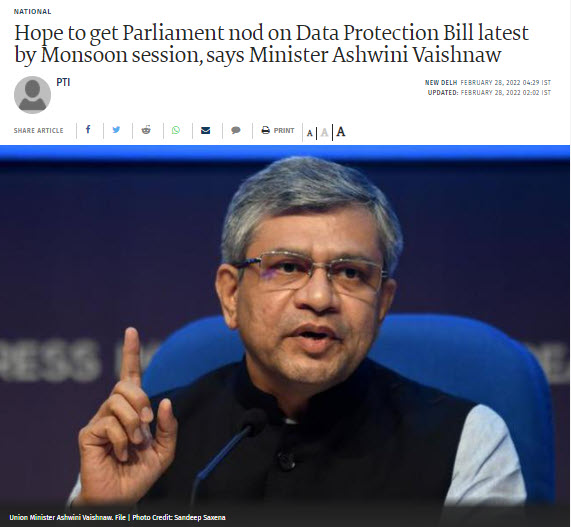The developments in the Russia-Ukraine conflict have taken a dangerous turn where many private sector companies who are “Multi National Companies” providing services across the globe have started joining the “Information War Front”. Accordingly the Google, Twitter etc are taking steps to attack Russia by withdrawing their services. Now a call has been made to the ICANN to stop all Russian domain names.
While one can appreciate the anger of individuals and their reflection in such suggestions, the move has extremely adverse consequences in eroding the faith of citizens of one country on any service provided by a foreign country.
We were all aware of and complaining that the Social Media Companies like Twitter were manipulating the narrative against the Government. But companies like Google were not earlier in any activity which could be called anti national. In fact a large number of Government agencies use Gmail as their email services placing their trust on them. Similarly companies like Apple, Microsoft, Amazon etc are considered international companies which could be trusted by both India as well as Paksitan.
Unfortunately the current developments where the private companies have joined the Information war fare which is part of the “Hybrid warfare” has changed the global outlook on the MNCs. It is clear that these companies cannot be relied upon at times of crisis and any increased dependence on them is a huge national risk.
The Atma Nirbhar approach to business is therefore essential to avoid this dependency.
In discussing the Data Protection Act, there has been a demand for Data Localization because of the “Data Sovereignty” and the need of Law enforcement to access data related to criminal investigation, terrorism, money laundering etc. The tech companies had convinced the Government to dilute the provisions of the Data Localization from the PDPB 2018 version and even the latest JPC version allows free transfer of data outside India. Companies like VISA process their data outside India and are reluctant to bring back even the processed data into India as required by the RBI guidelines.
These issues now have a new meaning. A doubt occurs in our minds about…What would be the guarantee that VISA will not stop all processing of Indians or Gmail will not freeze all gmail accounts if there is a conflict between India and US? What if Microsoft wants to stop all Windows computers in India for whatever reason that may seem legitimate to them?
These services are not like Twitter and Facebook which are not essential services. Now the seeds of doubt have been placed in the minds of Indians and every other country that dependence on Internet itself is an existential risk for the country. This is not an issue of Cyber Security or even the Cyber Warfare between two State powers. This is an issue of trust in business and it has been lost substantially with the rash decision of some of the tech companies.
This has changed the world business order and it is unlikely that we will be able to fully restore order to the pre-Ukraine war state.
Now is the time that we start building more and more self dependence at the country level and the pre-globalization principles of trade and commerce have to be restored.
Unless the private companies who have jumped to the war front quickly retrace their steps the reversal of globalization process will start now. The best policy for them now is to be “Non Aligned” so that they walk through the next few days without taking decisions that cannot be justified in the long run.
However the Government of India has no option but to speed up finding replacements for Microsoft/Android operating system, the Google maps and Gmail, the VISA and Master card network etc. We may even need to develop an alternate internet network within India so that ICANN cannot threaten the existence of our communication for whatever reason.
Naavi












